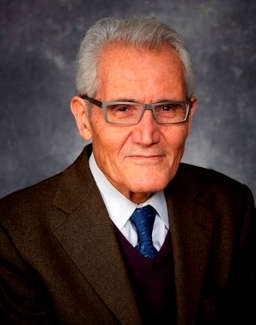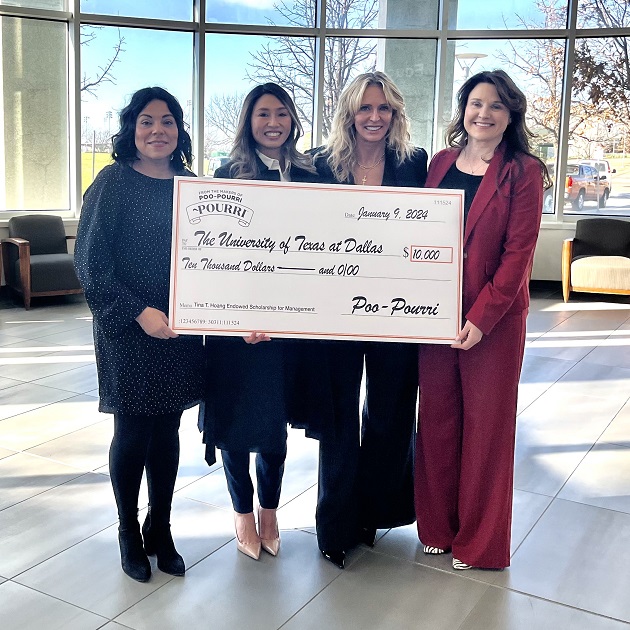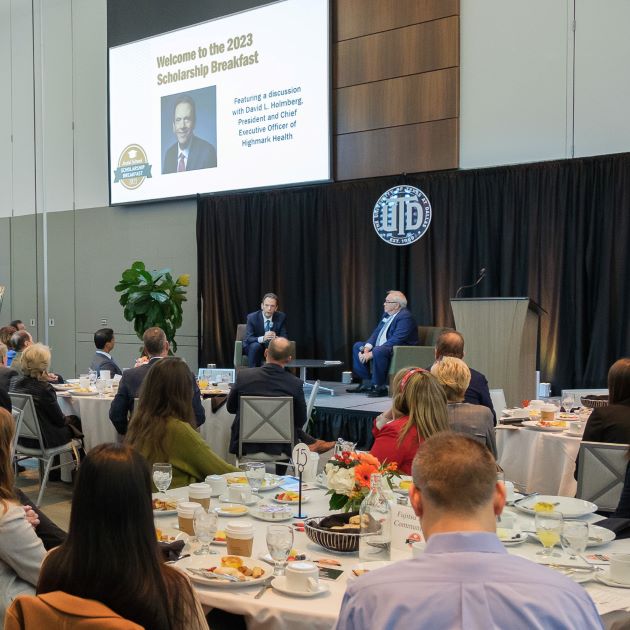
The International Center for Decision and Risk Analysis (ICDRiA) in the Naveen Jindal School of Management has joined forces in a research partnership with the new Risk and Insurance Institute at Le Mans University in France.
Dr. Alain Bensoussan, director of ICDRiA and a Jindal School professor of risk and decision analysis who holds a Lars Magnus Ericsson Chair, signed the formal agreement for the partnership last November 6 in France.
“This agreement will contribute greatly to UT Dallas’ goal of successfully developing international relations,” Bensoussan said. “Everything is connected in today’s global economy, which makes it important to develop links in research. Joining forces with a dynamic school like Le Mans University will build strength and create positive results that will benefit both universities.”
Dr. Hasan Pirkul, Jindal School dean, who also signed the agreement in Le Mans, said “the partnership will enhance the Jindal School’s research profile in Europe and promises to establish welcome new ties in energy, finance, insurance, operations management and other disciplines.”
The French-born Bensoussan joined the UT Dallas faculty in 2004 after leading the European Space Agency from 1999 to 2002. He founded ICDRiA in 2004 to study how large-investment industrial projects can better manage risks, uncertainties and decision-making. In addition to Bensoussan, the ICDRiA staff includes Dr. Sumit Sarkar, the academic director, and coordinator Karen Decker.
Le Mans, located 130 miles southwest of Paris, is best known for its annual endurance sports car race. But it is also the home of several global insurance headquarters, which collaborate with Le Mans University on risk analysis initiatives. The new partnership between UT Dallas and Le Mans University will “create a critical mass” in researching the insurance, health and energy industries, Bensoussan said.
The partners have already embarked on several projects, including a collaboration with Eren, a French renewable energy company that invests in wind farms.
“We are interested in renewable energies because there is a lot of competition and uncertainty in that business,” Bensoussan said. “If there’s no wind at the wind farm, that’s a big risk. How do they make sure they succeed and not lose money? How do they make it scientifically viable?”
The second project involves a company that wants to better use stochastic maintenance, which Bensoussan described as “preventative medicine” for maintaining any type of structure, from airplanes to bridges to industrial plants.
“Stochastic maintenance is a very important issue. Thanks to big data, you can know very precisely when it’s time to do maintenance, which saves a lot of money,” he said.
He said the partnership between ICDRiA and Le Mans University’s Risk and Insurance Institute also is interested in exploring the United States’ deteriorating infrastructure. Other potential future projects include working with American financial institutions and energy providers, he said.
Le Mans University issued a statement calling the new partnership “a creation of synergy” between the two universities. “The excellence of research which will be developed within this partnership will allow an increase in links within the economic framework, for the health, insurance and energy sectors,” according to the statement.
Bensoussan called the research partnership “a win-win situation.”
“We’ll be working together with good people, exchanging ideas and building momentum,” he said. “By cooperating, instead of isolating ourselves, we can both create something significant.”





